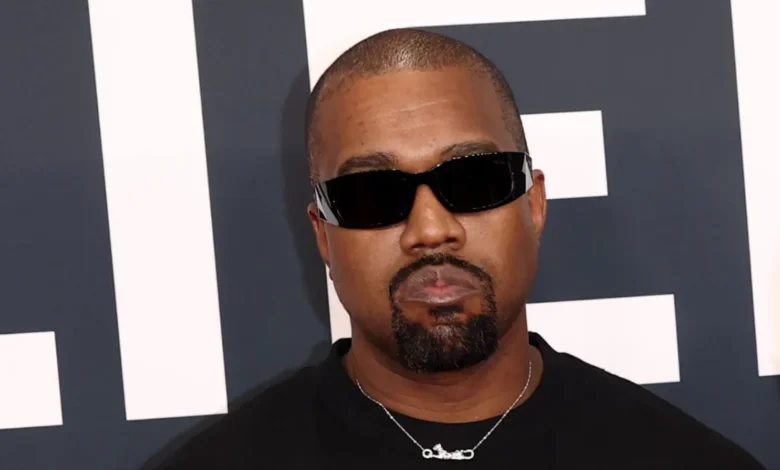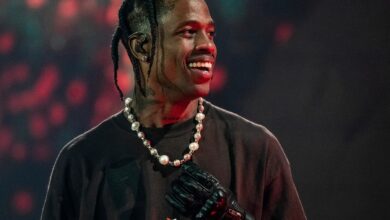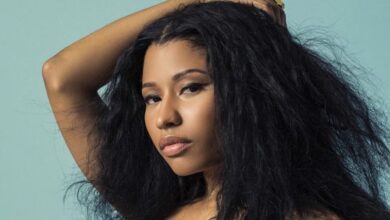Kanye West Sparks Uproar With “Heil Hitler” Video Amid Controversial Changes to Upcoming Album CUCK

Kanye West is once again at the center of controversy as he makes drastic and provocative changes to his forthcoming album CUCK. While parts of the project signal a shift away from earlier controversies, others have reignited public backlash, particularly surrounding his latest track, “Heil Hitler.”
According to HipHopDX, the Chicago rapper recently released a new version of the track’s music video on social media. The visual, shared widely online and captured by outlets like NEXTA, features a group of Black men dressed in animal pelts, with a haunting choir backing the chorus. Most notably, the song’s outro now includes an actual speech by Adolf Hitler, further intensifying the outrage.
Lyrically, Kanye oscillates between personal pain and provocation. “With all of the money and fame, I still can’t get my kids back,” he raps—a reference to his ongoing custody battle. But moments later, the song veers into inflammatory territory: “I became a Nazi, yeah, b***h, I’m the villain.”
Musically, the song ends with a dramatic brass-driven outro and pounding militant drums. However, the controversy surrounding the message and visuals has largely eclipsed any discussion about its sonic quality.
These developments come at a time when Kanye’s public persona is already under intense scrutiny, following years of antisemitic remarks and erratic behavior. Critics worry that the release of “Heil Hitler” could embolden extremist ideologies in music and pop culture, especially with West’s immense platform and influence.
The timing is particularly sensitive. Just recently, Waka Flocka Flame faced backlash after a performer wearing a swastika shirt took the stage during one of his concerts. Many online observers immediately connected the incident to Kanye’s influence, arguing that his increasingly fascist-leaning expressions are already having ripple effects across the industry.
That said, not every development from West has been incendiary. The CUCK album also features tracks exploring his struggles with fatherhood, fame, and the music business. Kanye has even softened his stance toward former rival Drake, whom he previously dissed but now appears to support—especially in the context of his recent lawsuit against Universal Music Group.
Still, the potential for thoughtful commentary or meaningful industry critique is constantly overshadowed by Kanye’s increasingly extreme expressions. While some fans try to separate the music from the man, others argue that these moments of reconciliation or introspection are irrelevant when juxtaposed with unapologetic hate speech and fascist imagery.
As CUCK continues to evolve ahead of its official release, Kanye West remains as polarizing as ever—his artistry still commanding attention, but often for reasons that extend far beyond the music.




